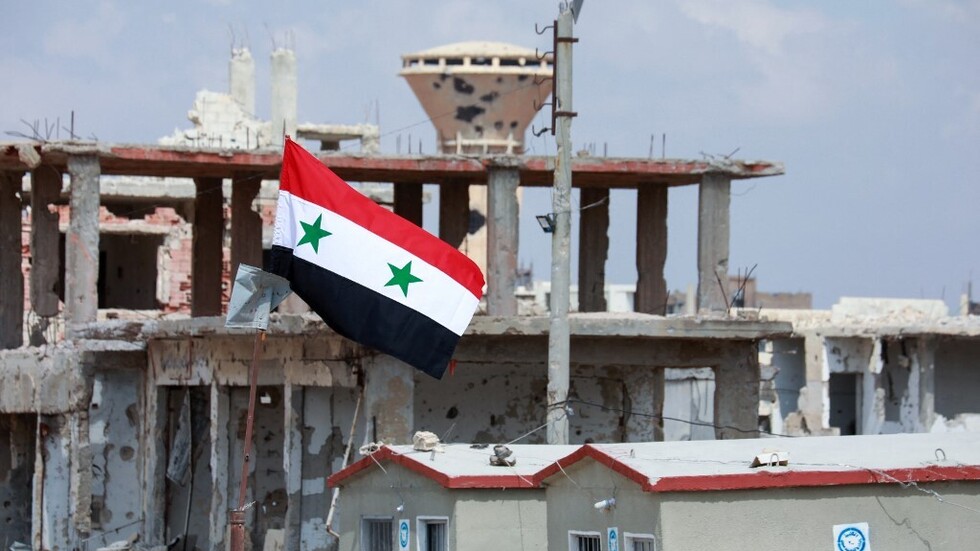The Russian Foreign Ministry has announced talks between Russia and the United Nations regarding the resolution of the Syrian crisis. Russian Deputy Foreign Minister Sergey Vershinin engaged in discussions with the United Nations Special Envoy to Syria, Geir Pedersen, concerning the Syrian crisis. The ministry’s statement reads, “On September 25th, during the 78th session of the United Nations General Assembly’s high-level week, Vershinin met with Pedersen. They conducted a comprehensive review of the issues associated with the Syrian crisis settlement, as outlined in the United Nations Security Council Resolution 2254 that authorizes the United Nations Special Envoy to Syria.”
Pedersen, in turn, provided detailed information about his step-for-step initiative, interactions with relevant parties, and matters pertaining to an upcoming briefing scheduled for September 27 during the UN Security Council session on Syria, as reported by the ministry.
During a UN Security Council meeting on the situation in Syria, Pedersen disclosed the possibility of convening a new session of the Syrian Constitutional Committee before the conclusion of 2023. He stated, “I am currently engaged in consultations with the aim of initiating calls for the committee’s resumption before the end of this year.” Pedersen further noted, “Syrian parties have communicated their desire for the Constitutional Committee to continue its work. Representatives from the Astana format, the Arab Contact Group, and Western capitals have expressed their support for its resumption.” He emphasized his belief in the potential for progress and his commitment to strengthening the role of Syrians in the process, free from external interference or agendas.
However, sources within the Syrian Negotiation Commission expressed skepticism about UN envoy Pedersen’s efforts, asserting that he lacks both an actionable plan and the means to exert pressure on the Syrian regime. They voiced their disappointment with the fruitlessness of Pedersen’s attempts to restart meetings of the Syrian Constitutional Committee, attributing this impasse to the absence of a necessary mechanism in Damascus to drive the political process forward—an aspect they believe Pedersen cannot accomplish.
The sources pointed out that Pedersen’s recent visit to Damascus aimed to demonstrate his readiness for consultations following his meeting with the opposition in Geneva the previous week. Regrettably, they found no substantial developments in Pedersen’s initiative and expressed low expectations for progress in the political process. They called for the establishment of a clear timetable and the application of Arab, regional, and international pressure to bring about meaningful change.
This article was translated and edited by The Syrian Observer. The Syrian Observer has not verified the content of this story. Responsibility for the information and views set out in this article lies entirely with the author.


